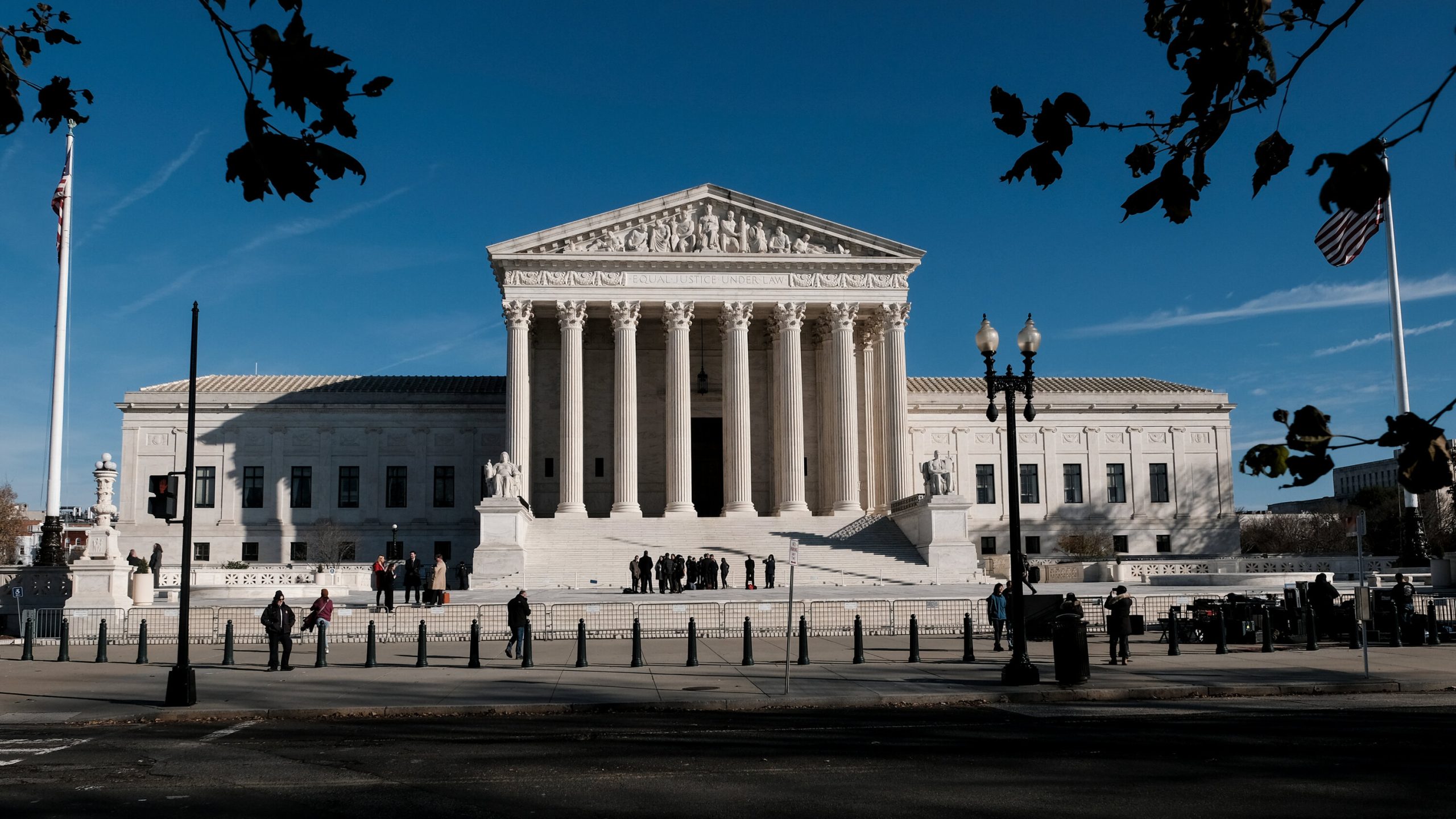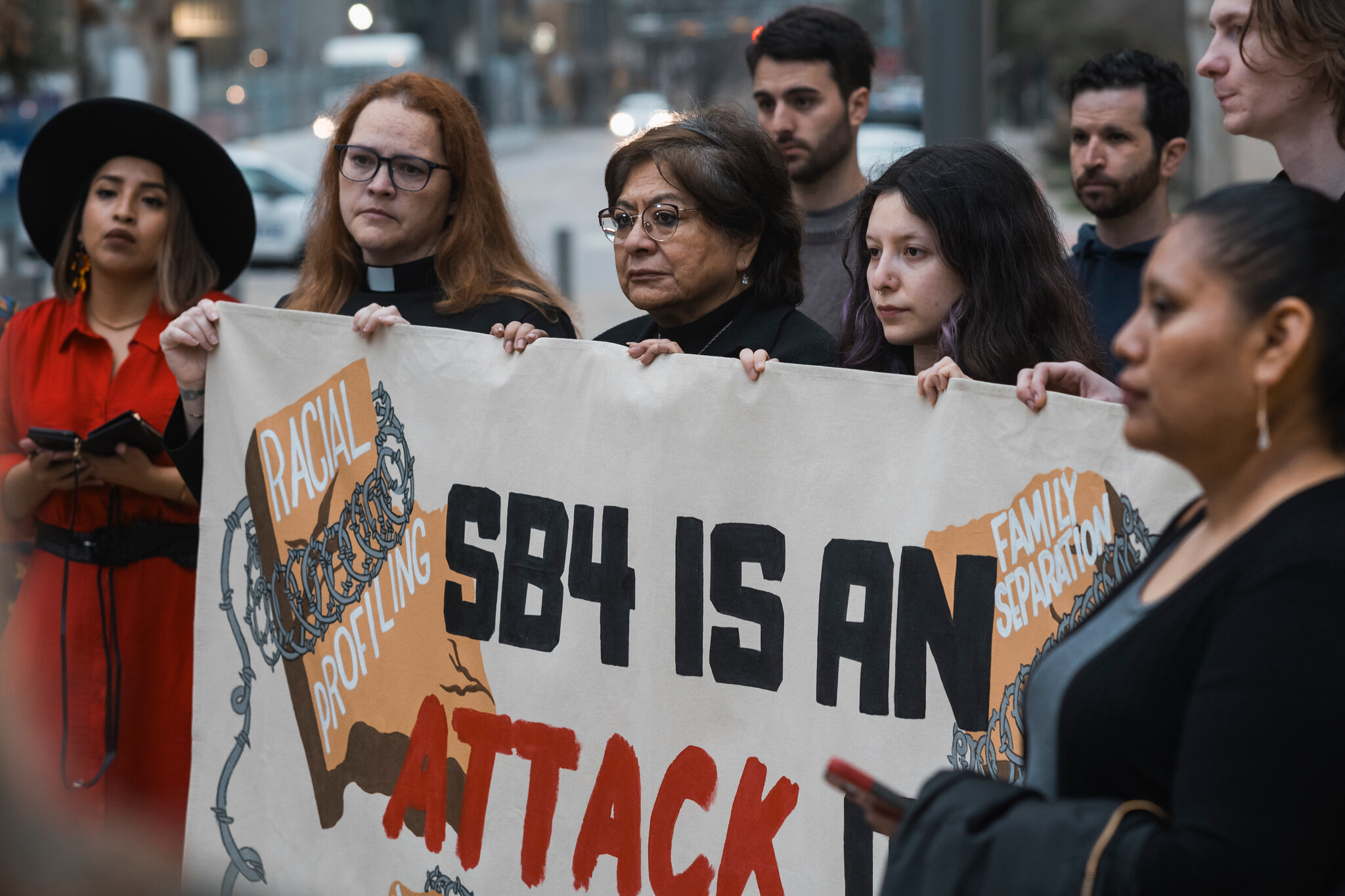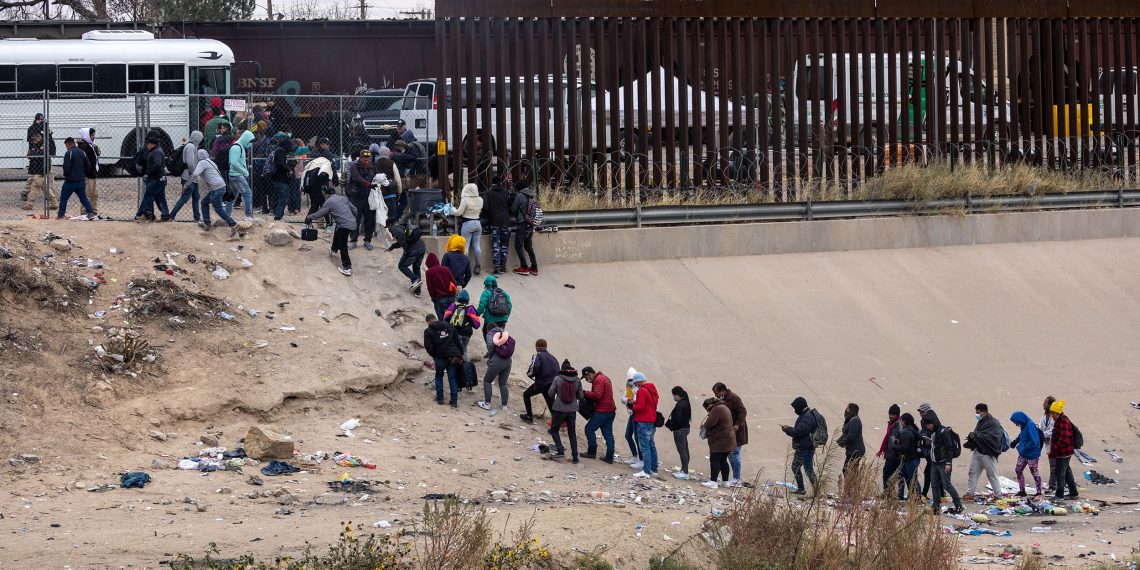A federal appeals court has granted a temporary stay on a lower court’s ruling that blocked the enforcement of a contentious Texas immigration law. The decision potentially allows the law, known as Senate Bill 4 (SB 4), to take effect this week unless the Supreme Court intervenes.
Last week, a federal judge in Austin halted the implementation of SB 4, which empowers state law enforcement to arrest and detain individuals suspected of entering the country unlawfully. Judge David Alan Ezra expressed concerns that allowing SB 4 to proceed could lead to other states enacting their own immigration laws.

Texas swiftly appealed the ruling, with Governor Greg Abbott vowing to defend the state and the nation against what he termed as President Biden’s border crisis.
Over the weekend, the 5th US Circuit Court of Appeals granted a stay of Ezra’s decision but postponed its enforcement for seven days, giving the Biden administration time to seek intervention from the Supreme Court.
As it stands, the law remains blocked until March 9, unless the Supreme Court extends the stay. Initially scheduled to be enforced from March 5, SB 4 has raised alarms among immigration advocates, who fear increased racial profiling and a surge in detentions and deportations of individuals by Texas authorities, especially affecting the Latino community.

El Paso County, a plaintiff in the lawsuit against Texas, warned that implementing SB 4 would strain its jail system with a surge of new arrests. The county welcomed Ezra’s ruling last week to halt the law’s enforcement. Meanwhile, the White House labeled SB 4 as “harmful and unconstitutional” following the lower court’s decision.
Texas contends that SB 4 is not in conflict with federal law and argues for its right to defend against what it perceives as an “invasion.” Notably, the Supreme Court’s involvement evokes parallels with its 2012 ruling on Arizona’s controversial “Show Me Your Papers” law, indicating the significant legal ramifications at play.





